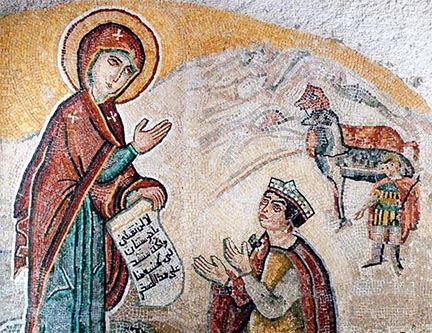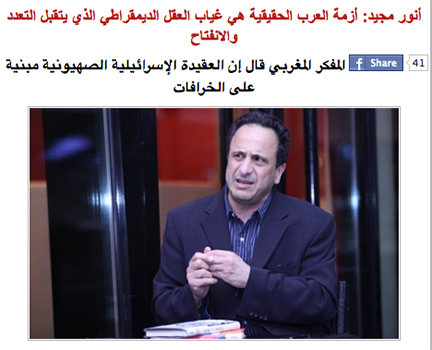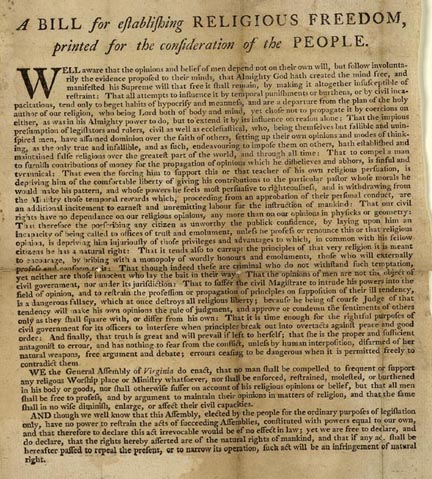
By Jon W. Anderson, Arab Media & Society, Summer, 2013
Nearly all studies and most opinion about new media and information technologies in the Middle East have held that they are a boon in an environment of information-averse regimes, state-controlled media, and limited communications. New media, in this reckoning, open communications to new voices, foster an expanded public sphere,[1] break the molds of old patterns not only of communication but also of thought,[2] or modify media ecologies[3]—all of which erode state monopolies and shift balances from state-cultivated models of citizenship to citizens’ taking charge.[4] Skeptical voices have been few, redundantly focused on multiple means of censorship to offset the benefits of new media, or cautioning against jumping to conclusions about new media impacts.[5] Early pessimistic assessments of the prospects for informational freedom in the digital age have been largely assimilated, such as Kalathil and Boas’ demonstration that the malleability of the Internet is also available to authoritarian states,[6] while more recent, more global, and more famous critiques have yet to influence research priorities in the Middle East.[7] None of these has strayed far from global views of epochal, structural transformation in open networks beyond noting lingering Middle East exceptions, especially lagging numbers of participants by comparison to other regions and to the rest of the world. Regionally as well as globally, open communications, network flows, and other notions of informationalization generally seem to be embraced as an unalloyed good by most analysts, if not by all actors. Continue reading Is Informationalization Good for the Middle East?






